Project: Biodiversity and climate change
Our research projects on biodiversity and climate change focus on people's emotions, attitudes, and behaviours regarding wildlife and wildlife management in natural environments, as well as nature management more broadly. The projects also examine people's climate anxiety, mental health, and perceived ability to cope with biodiversity loss and climate change.
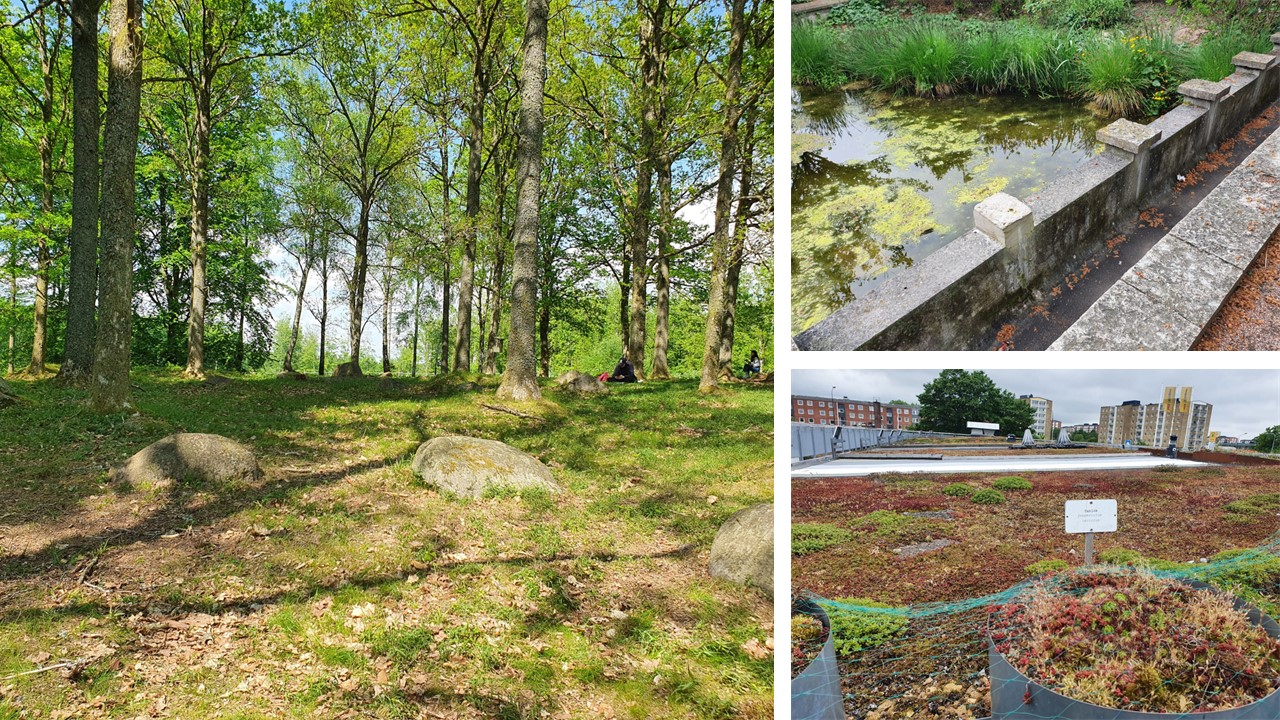
Nature-based solutions at the climate-biodiversity-health nexus
In this project, we are developing a conceptual framework for how nature-based solutions – actions that protect, sustainably manage and restore natural or modified ecosystems - generate synergies and mitigate trade-offs between biodiversity conservation, climate change mitigation, public health and human wellbeing. From an environmental psychology perspective, we are studying the roles of eco-emotions, connection with nature, and appraisal.
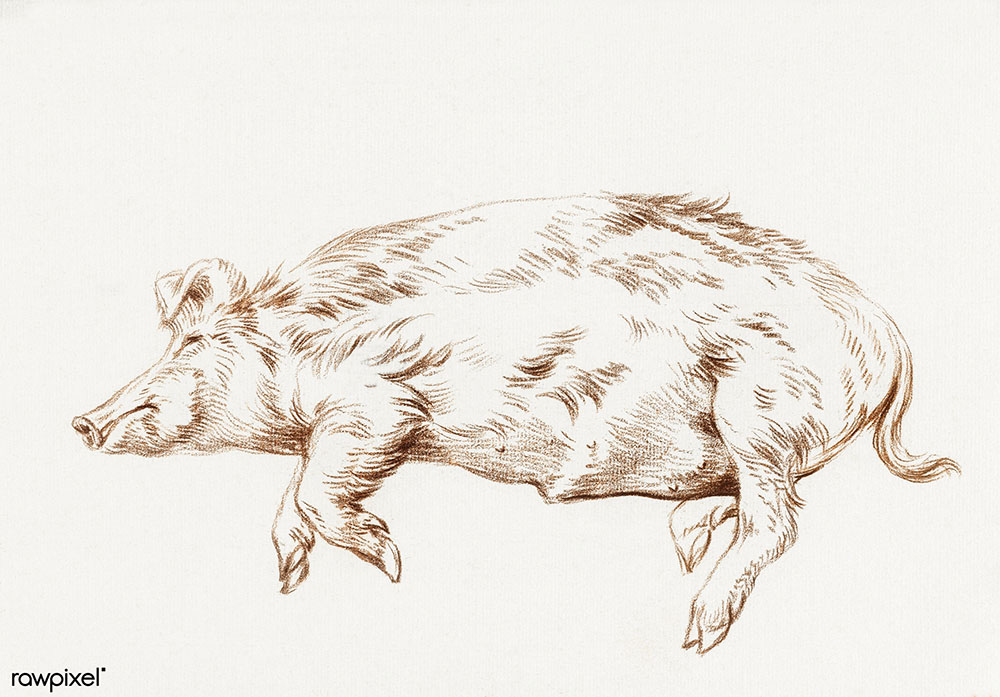
Rawpixel, CC BY-SA 4.0, via Wikimedia Commons
Who sends fallen wildlife to SVA for examination and why?
Healthy wildlife populations are integral to biodiversity and they provide valuable ecosystem services. Sweden’s wildlife disease surveillance program at the National Veterinary Institute SVA is based on general surveillance, i.e. the pathological examination of sick or dead wildlife. Environmental Psychology studies the intrinsic motivation to voluntarily report and submit carcasses and what obstaclesdo those who participate perceive.
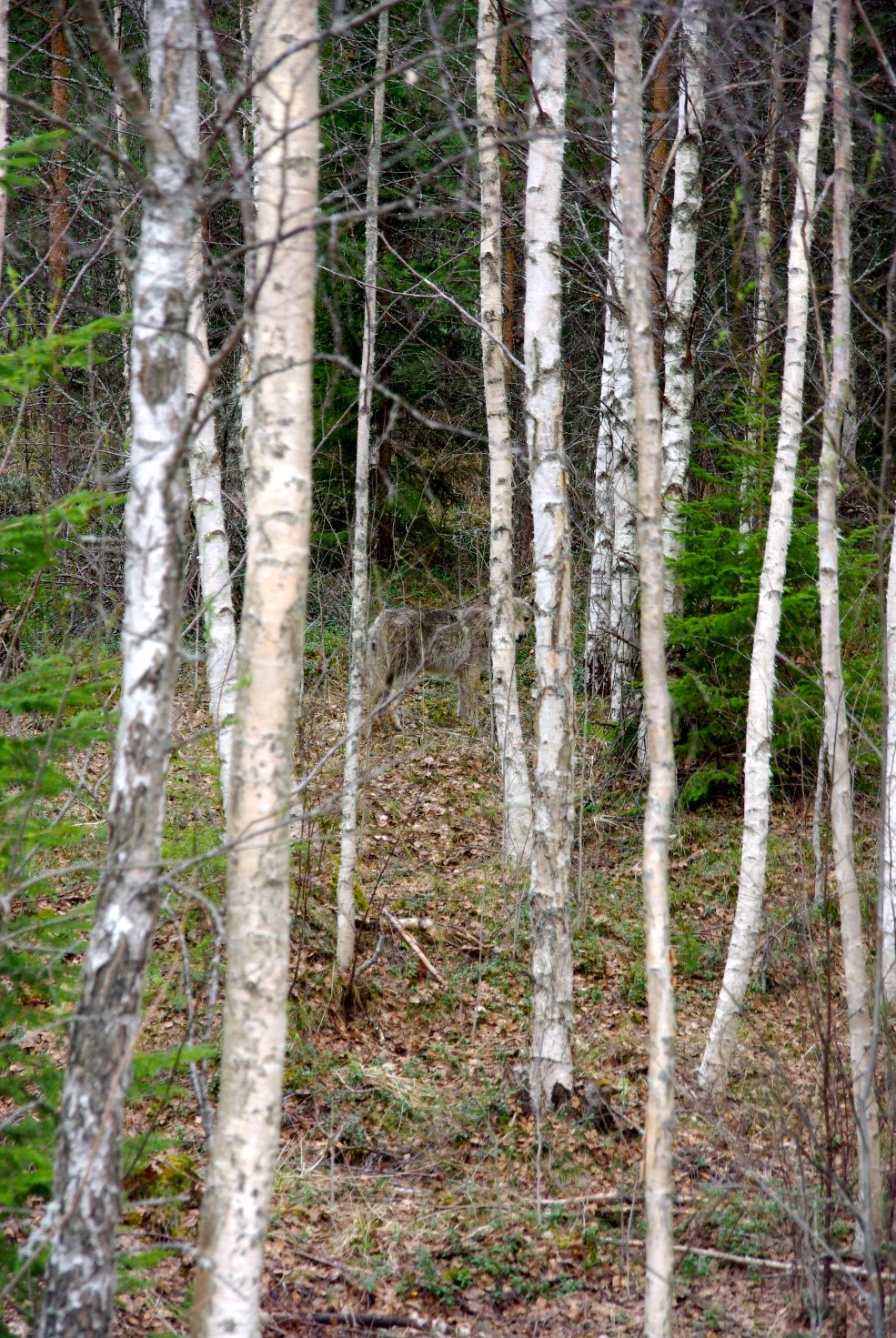
Wolves and wild boars - perceived ecosystem services and disservices
Wildlife populations are increasing throughout Europe. The time spent outdoors for recreation provides for ordinary psychological restoration. Nature has in this sense implications for human quality of life, well-being and health. Still the role of wildlife has been neglected. This project addresses two overarching questions: What is the effect of changing wildlife densities on the perceived possibilities for recreation in local nature? Which are the associated psychological effects for people’s psychological health and well-being? The results have relevance for public health, management of wildlife populations and support capacity building to meet conflicts over controversial species.

TRIGGER - SoluTions foR mItiGatinG climate-induced hEalth thReats
TRIGGER will deepen current understanding of the linkage between climate, health and ecosystems and use this knowledge to advance society uptake at personal and policy level.
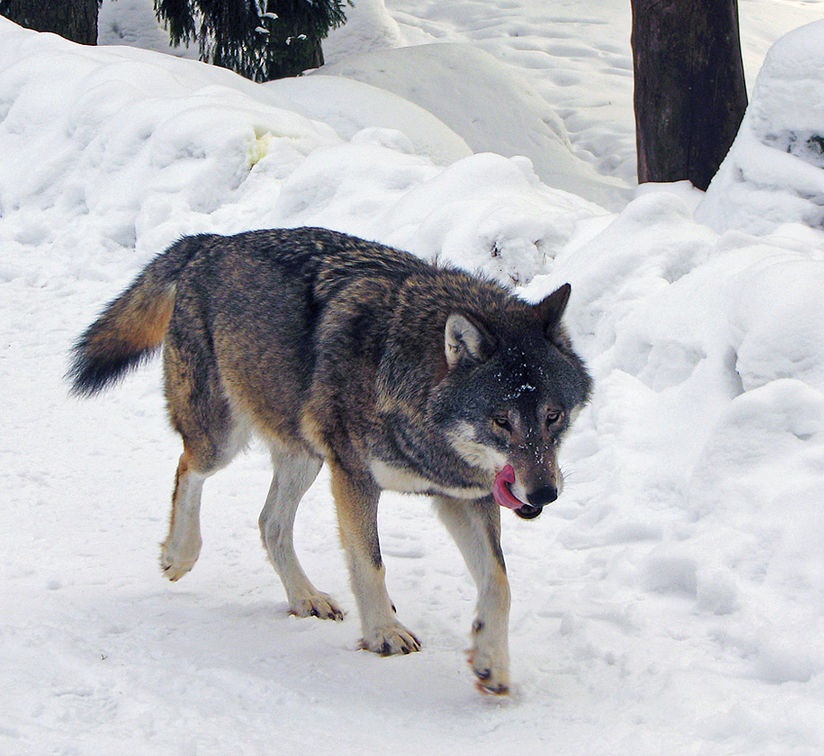
Daniel Mott from Stockholm, Sweden, CC BY-SA 2.0, via Wikimedia Commons
Wolfness
By complementing psychological and anthropological approaches, WOLFNESS also recognizes different actors' perspectives on wolf-dog hybrids and the management of these animals.
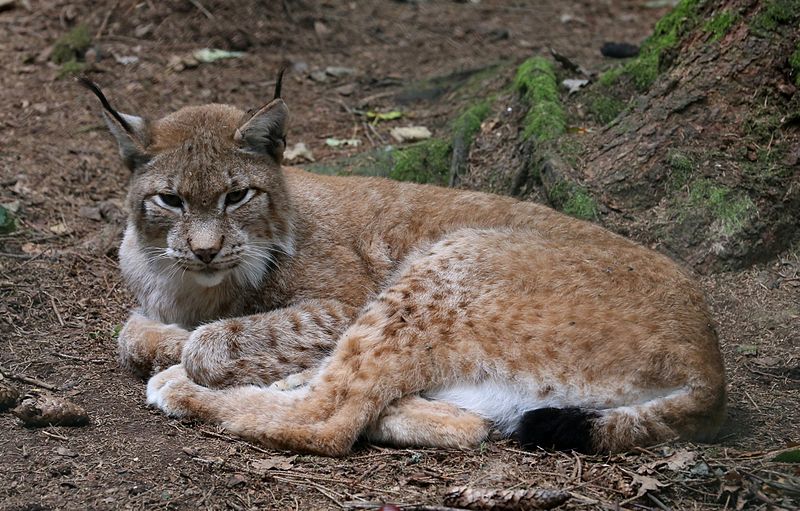
Rufus46, CC BY-SA 3.0, via Wikimedia Commons
Country Administrative Board responses to the public's concerns for large carnivore encounters
The aim is to develop a systematic way for the Country Administrative Board personnel to respond to incoming calls from people who express fear of large carnivores close to human activities. Previous research provides little guidance to how the personnel could interact with the public on a day-to-day basis to reduce feelings of fear. The results will improve the efficiency of how the County Administrative Boards respond to fear of large carnivores among the public.
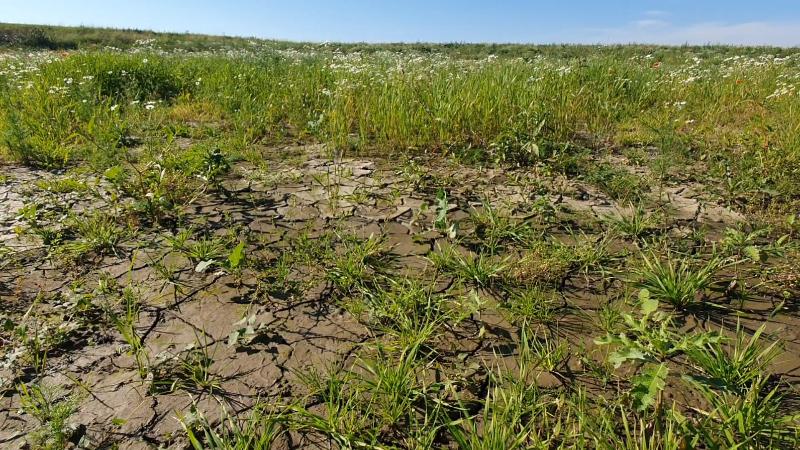
Mistra Environmental Communication
Mistra Environmental Communication WP2 concerns emotions in communication. We explore people's environmental experiences and associations between intra-individual and social processes for meaning making,focusing upon climate change and biodiversity loss
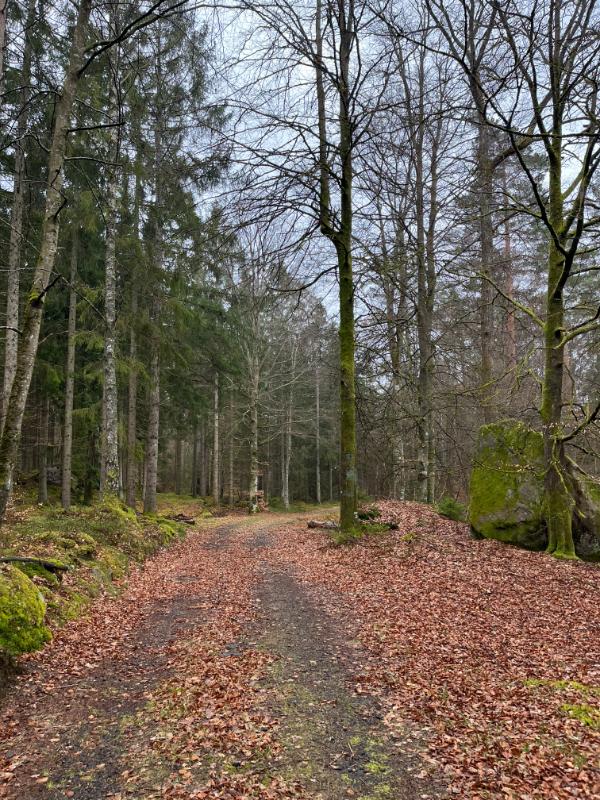
ForestPath - Together towards multifunctional forests in southern Sweden
The project investigates how forest in southern Sweden can be managed to meet various demands such as biodiversity, the forest industry and percieved quality of life and human wellbeing.
